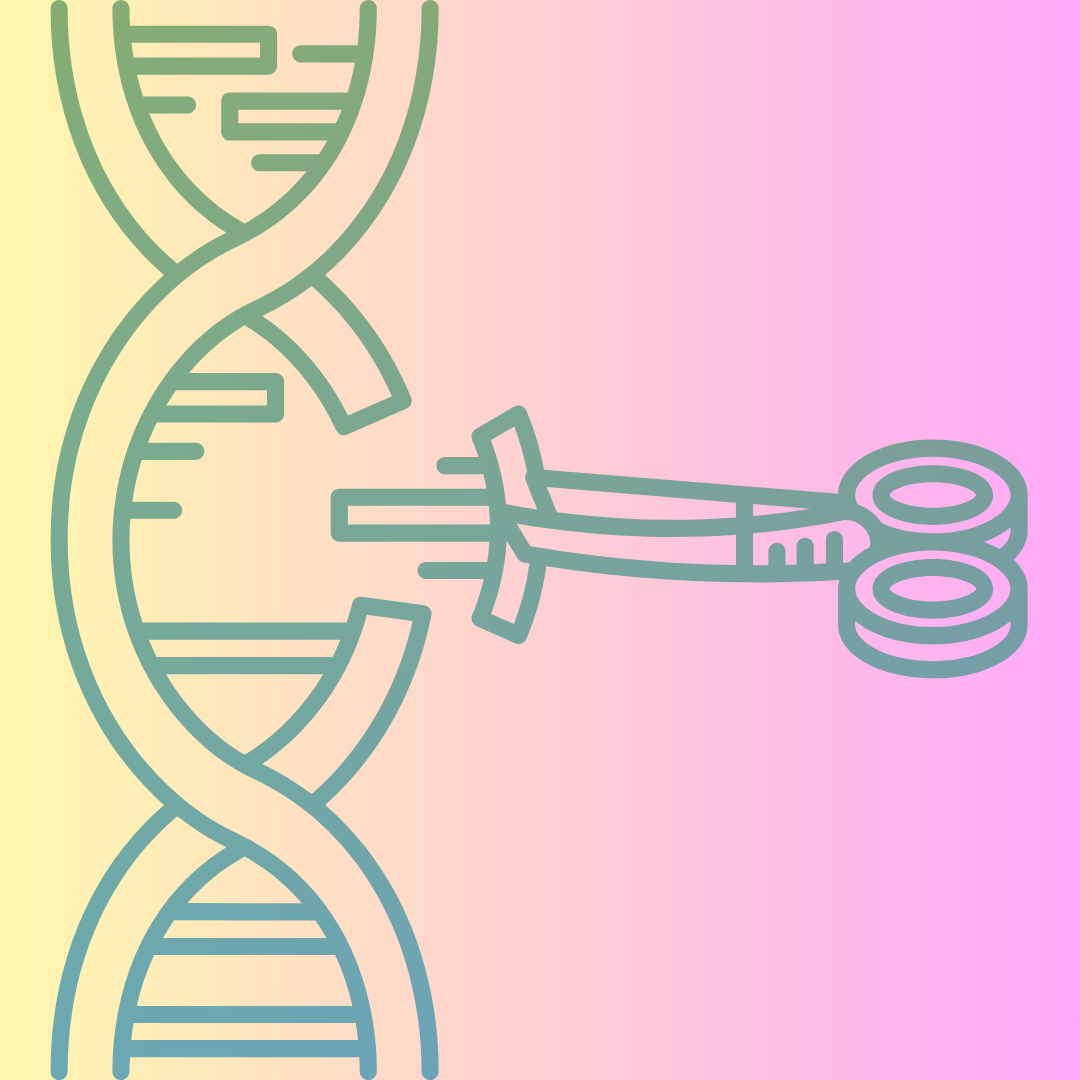Aggregated News

Updates to South African research ethics guidelines which recognize significant potential for treating genetic diseases through heritable human genome editing (HHGE) must be urgently revised, a research society says.
The Southern African Society for Human Genetics (SASHG) has called for changes to the country’s new research ethics guidelines, which have prompted concerns internationally over whether they open the way to “designer” babies.
The call followed a meeting of 120 South African scientists in December 2024, to address a section on HHGE in the 2024 South African Ethics in Health Research Guidelines, published last May.
Not explicitly permitted by any country, HHGE involves genetically changing sperm, eggs or embryos, in modifications that will be passed down through successive generations.
A Nature article in November 2024 quoted Françoise Baylis, a bioethicist at Dalhousie University in Halifax, Canada, who wrote that the amendment “appears to position (South Africa) as the first to explicitly permit the use of genome editing to create genetically modified children”.
SASHG members disagreed, saying in a statement that the guidelines should not be seen to permit HHGE just...



